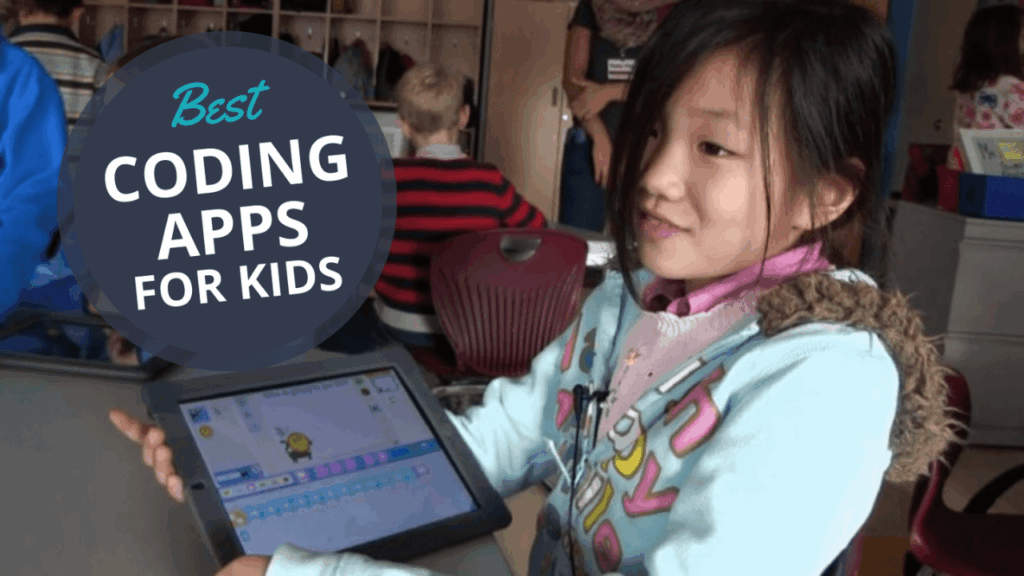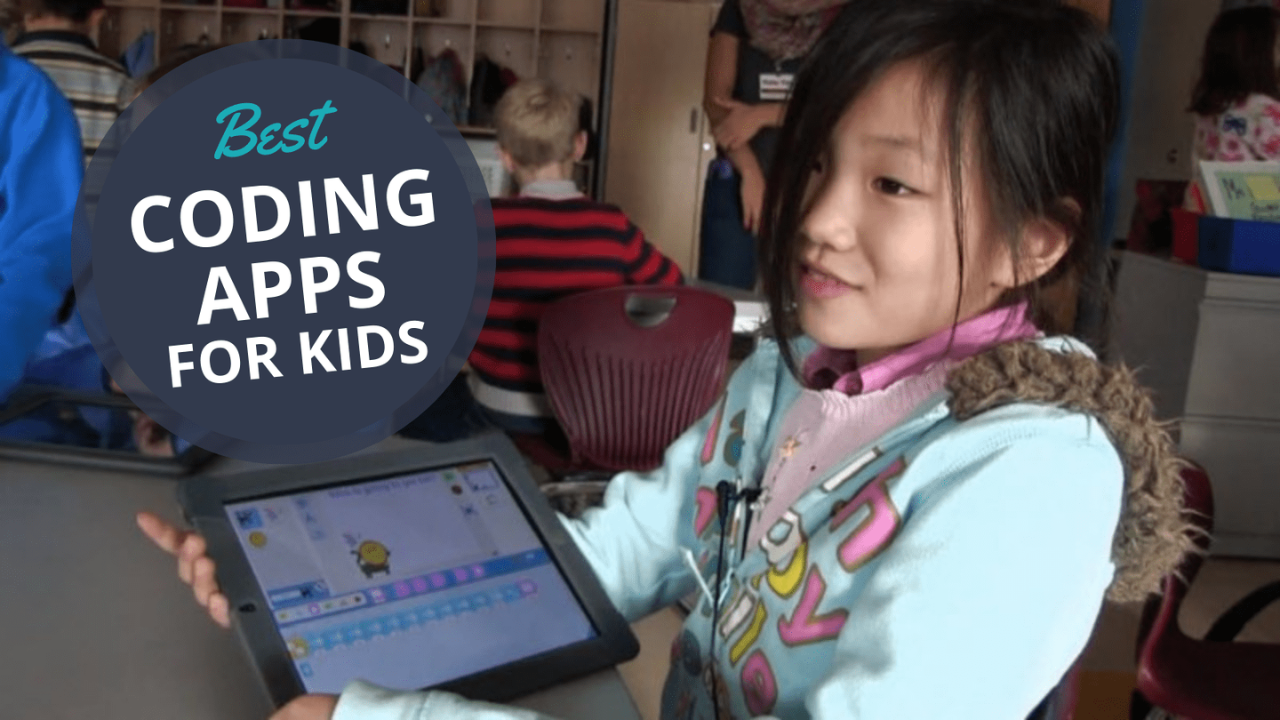
In today’s tech-driven world, educational apps have become a powerful tool to support children’s learning. For kids under 12, these apps can spark curiosity, build foundational skills, and make learning enjoyable outside the classroom. The best part is that many apps blend play with education, so children engage without even realizing they’re learning.
Parents often wonder: Which apps are safe, effective, and age-appropriate? Below is a carefully curated list of the best educational apps for children under 12, their benefits, and how they can transform learning.
Why Educational Apps Matter for Kids Under 12
At this stage, children are developing reading, math, problem-solving, and creativity skills. Educational apps can:
- Reinforce classroom learning in fun ways
- Build digital literacy from a young age
- Encourage independent exploration
- Personalize learning experiences based on a child’s pace
- Promote creativity and critical thinking
Top Educational Apps for Kids Under 12
1. Khan Academy Kids
A free app that covers literacy, math, and social-emotional learning. Its interactive lessons, engaging stories, and colorful animations make learning accessible and fun.
2. ABCmouse
Best for children ages 2–8, it provides a structured curriculum in reading, math, science, and art. Kids advance through levels like a virtual classroom.
3. Duolingo ABC
Focused on teaching early literacy, this app helps kids learn letters, sounds, and reading basics through playful activities.
4. Prodigy Math Game
A gamified platform that makes math exciting by turning lessons into quests and battles. It adapts to a child’s grade level and learning pace.
5. Toca Life World
Encourages creativity and storytelling through open-ended play. While not strictly academic, it develops problem-solving, imagination, and social-emotional learning.
6. ScratchJr
A coding app for ages 5–7, ScratchJr introduces kids to programming by letting them create animations and interactive stories.
7. Epic!
A digital library with thousands of children’s books, audiobooks, and learning videos. It’s ideal for kids who love stories or need extra reading practice.
Benefits of Educational Apps
- Personalized Learning – Apps adapt to different learning speeds.
- Interactive Experience – Games and challenges keep kids engaged.
- Safe Environment – Many apps are designed with child-friendly navigation.
- On-the-Go Learning – Learning continues outside the classroom.
- Parental Insights – Apps often provide progress reports to track growth.
Practical Tips for Parents
- Set time limits: Use apps as a supplement, not a replacement for offline activities.
- Engage together: Sit with your child and discuss what they learn.
- Balance content: Mix academic apps with creativity-based ones.
- Prioritize safety: Choose apps with strong privacy protections.
Table: Best Educational Apps for Kids Under 12
| App Name | Best For | Key Features |
|---|---|---|
| Khan Academy Kids | All-round learning | Free, stories, activities, interactive lessons |
| ABCmouse | Early learners (2–8) | Full curriculum, structured progression |
| Duolingo ABC | Literacy (ages 3–6) | Fun phonics and reading basics |
| Prodigy Math | Math (ages 6–12) | Gamified math quests, adaptive levels |
| Toca Life World | Creativity & storytelling | Open play, imagination-driven learning |
| ScratchJr | Coding basics (ages 5–7) | Interactive stories, beginner-friendly coding |
| Epic! | Reading (ages 4–12) | Huge library, audiobooks, progress tracking |
Overview Table
| Aspect | Parent Advantage | Child Benefit |
|---|---|---|
| Free/Paid Options | Fits different budgets | Access to quality content |
| Engaging Gameplay | Encourages consistent learning | Keeps kids motivated and curious |
| Structured Curriculum | Ensures skill-building progression | Builds confidence step by step |
| Creativity Focus | Enhances imagination & storytelling | Encourages problem-solving skills |
| Reading & Literacy | Supports school readiness | Improves vocabulary and comprehension |
| Safe Digital Use | Protects child’s privacy | Safe environment for independent learning |
Final Thoughts
Educational apps can be powerful allies in raising curious, confident, and capable learners. The best apps for children under 12 go beyond academics—they encourage creativity, resilience, and problem-solving. Parents should strike a balance by guiding their children’s digital learning while ensuring plenty of offline activities.
When used wisely, these apps can transform screen time into smart time.
3 Quick FAQs
Q1. How much time should kids under 12 spend on educational apps?
Ideally, 30–60 minutes per day, balanced with offline learning and play.
Q2. Are free educational apps as good as paid ones?
Yes, many free apps like Khan Academy Kids provide excellent quality, though paid apps may offer more advanced features.
Q3. How can parents ensure safety while kids use apps?
Choose apps with strong privacy policies, avoid in-app ads, and supervise usage when possible.

